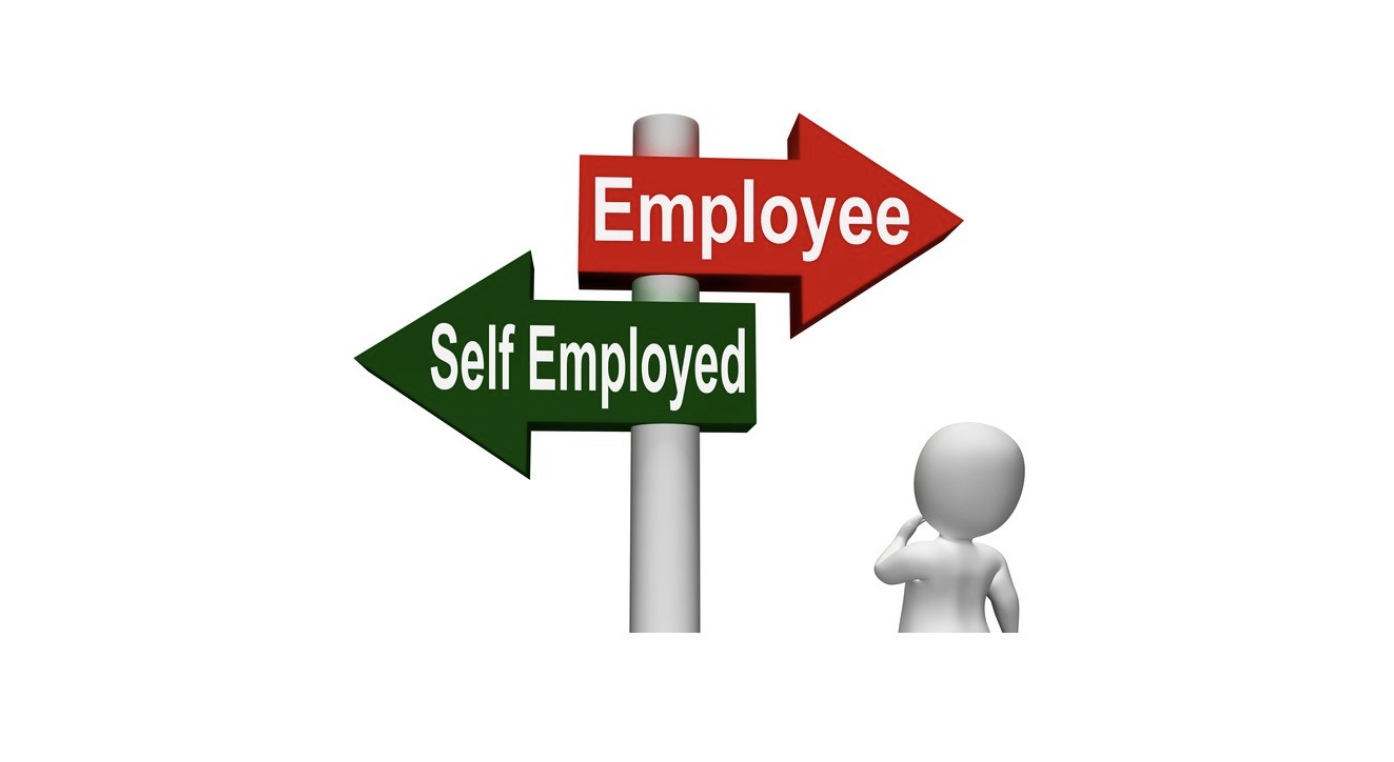
Deciding whether to invest in Apple Inc. (or any other company) depends on a variety of factors including your investment goals, risk tolerance, the current state of the market, and the specific financial health and growth prospects of Apple itself. Here’s a breakdown of considerations:
Contents
1. Company Fundamentals
- Financial Health: Look at Apple’s balance sheet, income statement, and cash flow statement. Key metrics include revenue growth, profit margins, cash reserves, and debt levels.
- Growth Prospects: Assess Apple’s future growth potential. This involves evaluating their product pipeline, market expansion plans, and innovation capabilities.
- Competitive Position: Consider Apple’s position within the technology sector. How does it stand against competitors in terms of market share, brand strength, and product differentiation?
2. Market Conditions
- Overall Market Health: The general condition of the stock market can affect individual stock performance. In a bullish market, stocks tend to perform well, while in a bearish market, they may not.
- Sector Performance: The performance of the tech sector as a whole can impact Apple. Factors include tech adoption rates, regulatory changes, and economic indicators that affect tech spending.
3. Valuation
- Stock Price Valuation: Assess whether Apple’s stock is currently overvalued, undervalued, or fairly valued based on metrics such as the price-to-earnings (P/E) ratio, price-to-book (P/B) ratio, and others compared to industry averages.
- Investment Horizon: Your investment horizon plays a crucial role. Long-term investors may weather short-term volatility better than short-term traders.
4. Risk Tolerance
- Market Volatility: Technology stocks can be volatile, with prices fluctuating significantly. Ensure your investment portfolio aligns with your risk tolerance.
- Diversification: Investing solely in Apple may expose you to higher risk. Consider diversifying your investments to spread risk.
5. Personal Financial Goals
- Investment Objectives: Whether you’re seeking capital appreciation, dividends, or both can influence whether Apple is a suitable investment.
- Financial Situation: Only invest money that you can afford to lose, especially in high-risk sectors like technology.
Consultation and Research
- Professional Advice: Consulting a financial advisor who can provide personalized advice based on your financial situation and goals is always a wise decision.
- Stay Informed: Regularly follow Apple’s financial reports, news, analyst ratings, and market trends to make informed decisions.
While Apple has historically been a strong performer with a robust business model, significant cash reserves, and a solid track record of innovation, every investment carries risk. It’s important to conduct thorough research and consider your own financial situation and goals before making any investment decisions.



